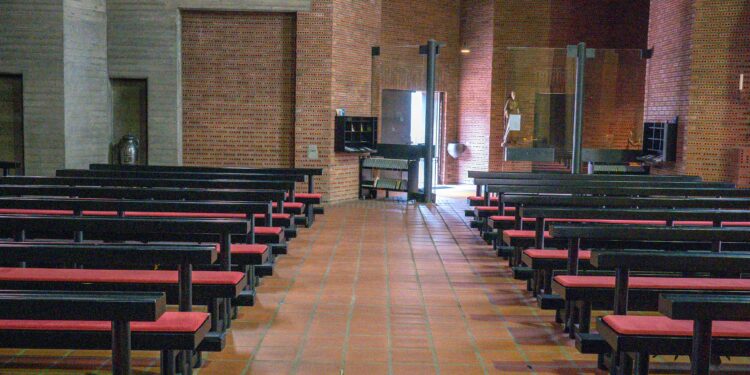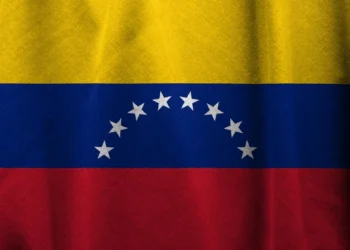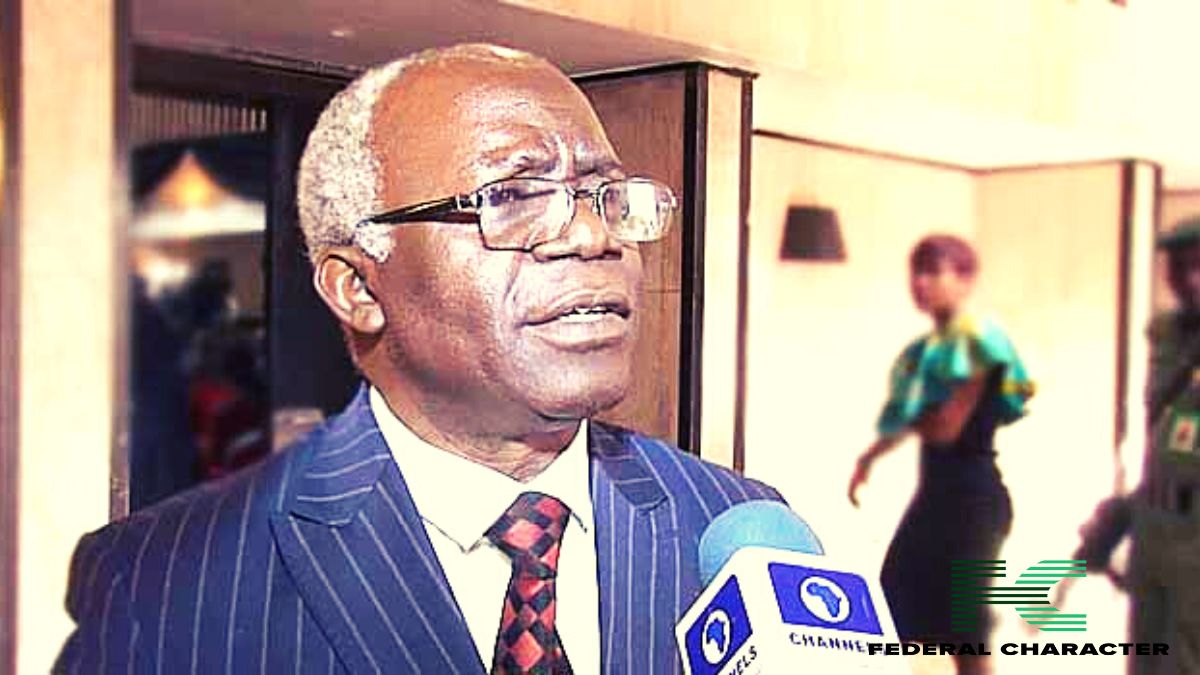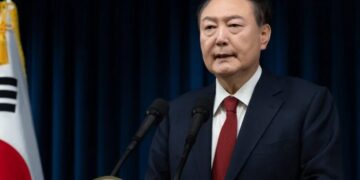It is becoming impossible to ignore the growing wave of violence in Nigeria. Every day brings news of more attacks, more innocent lives lost, and yet the government seems content to issue statements and move on. How long will Nigeria pretend Christian slaughter isn’t real? From church massacres to school kidnappings, the scale of insecurity is staggering, and leadership remains shockingly absent.
Churches Under Siege
On Tuesday evening, armed terrorists struck again, this time targeting the Christ Apostolic Church in Eruku town, Kwara State. Worshippers were gunned down in cold blood, and several others, including the pastor, were abducted. Eyewitnesses described the chaos, people fleeing into bushes, vehicles abandoned on the road, gunfire echoing across the town. Three people were killed instantly, and the exact number of abductees is still unknown.
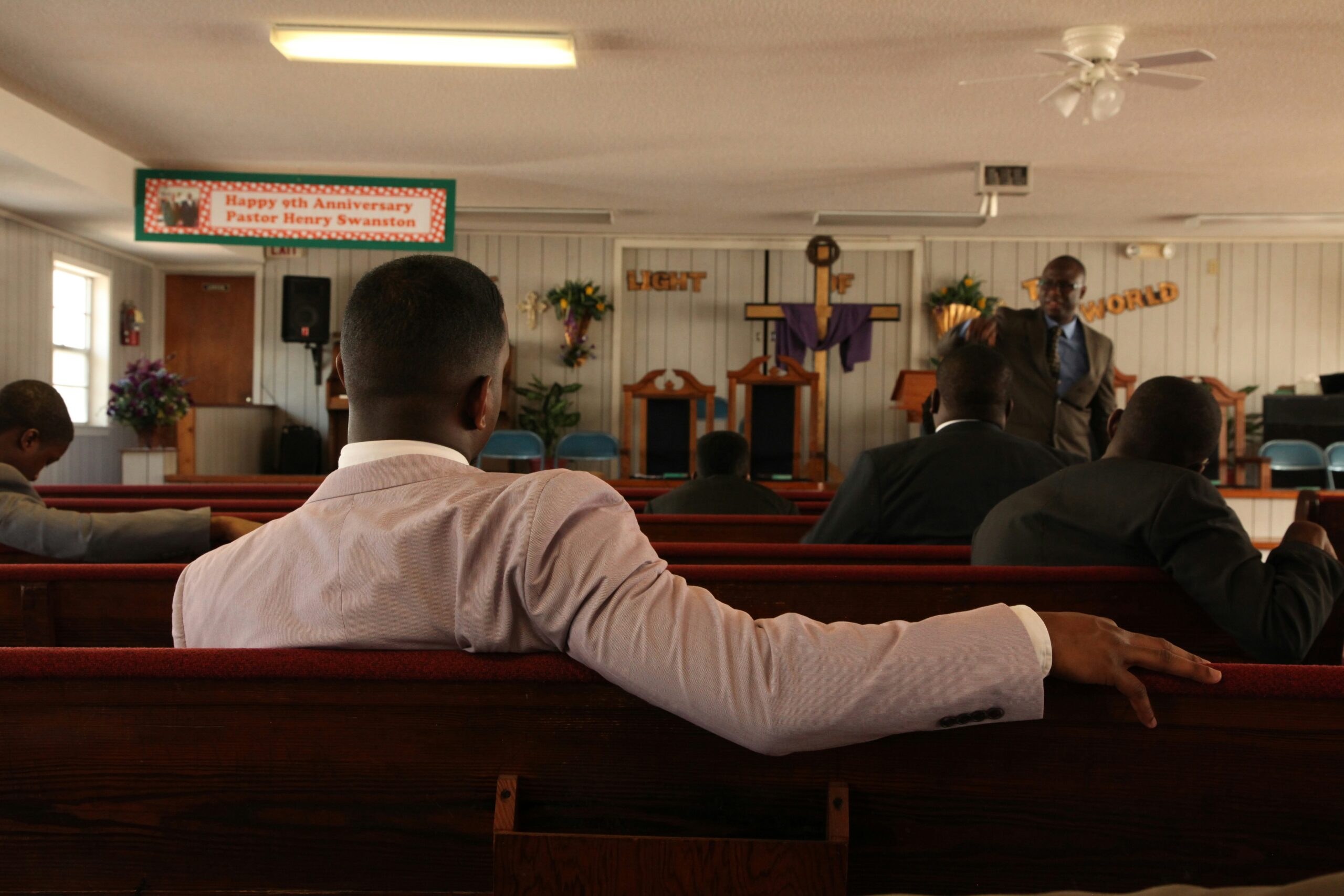
This attack is not an isolated incident. Think of the Owo church massacre, where scores of worshippers were killed in a place of peace. Nigerians continue to mourn, yet authorities remain slow, reactive, and largely absent. The government’s inability to secure its citizens’ places of worship is a damning indictment of leadership.
Kidnapping Epidemic
Church attacks are only one part of a broader crisis. Kidnapping has become a daily nightmare. The recent abduction of schoolgirls in Kebbi State highlights the scale of the problem. Children, students, and even teachers are no longer safe in their classrooms. Parents live in constant fear. Roads are unsafe. Towns are unsafe. Yet politicians speak in vague statements about “security plans” that never materialize.
The Eruku attack and Kebbi kidnappings show a disturbing pattern: Nigeria is under siege from organized criminals and terrorists, and the government’s response is either too weak or too slow. People are dying. People are disappearing. And leadership seems more interested in optics than action.
Daily Lives in Fear
Residents of Eruku recounted how heavily armed men entered the town via major roads, firing sporadically. People abandoned vehicles, ran into bushes, and hid for hours. Videos surfaced of terrified citizens pleading for help. Where is the state when civilians are begging for protection? Where is the leadership that should mobilize police, military, or even local vigilantes to save lives before it’s too late?
This is the reality Nigerians face daily. Christian communities are being targeted, schools are unsafe, and even ordinary travelers cannot move freely. The government’s failure to act decisively is not just negligence; it is complicity in the fear and suffering of citizens.
The Leadership Vacuum
How long will Nigeria pretend that Christian slaughter isn’t happening? How long will the government turn a blind eye while terrorists gain strength? The daily headlines—church massacres, mass kidnappings, highway ambushes—should be a call to action, not a trigger for more excuses. Yet officials continue to deny, downplay, and mislead. They focus on politics, alliances, and public relations, while Nigerians pay the price.
Leadership is about courage, about protecting citizens. Right now, the country’s leaders are failing. There is no coordinated plan, no sense of urgency, and no accountability. Citizens are left to fend for themselves, trapped in towns that have become war zones.
Time to Wake Up
The Owo church massacre, the Kebbi kidnappings, and now Eruku are more than news stories—they are warnings. They tell a story of a government failing its people. And yet, every attack is met with silence or slow responses. Nigerians deserve protection, not platitudes. They deserve action, not excuses.
Nigeria cannot continue to pretend that Christian slaughter, mass kidnappings, and daily insecurity are not happening. Every day spent debating numbers or denying facts is another day lost to terror. Citizens are crying out for help, and leadership is failing to answer.
Conclusion
How long will Nigeria pretend Christian slaughter isn’t real? The question haunts every parent, every worshipper, every student walking to school in fear. The government’s inaction is a clear signal that the country’s leadership is failing its people. Action is urgent, and accountability is overdue. Until leaders step up, Nigerians will continue to live in fear, asking themselves every day: who will protect us when the government cannot?

